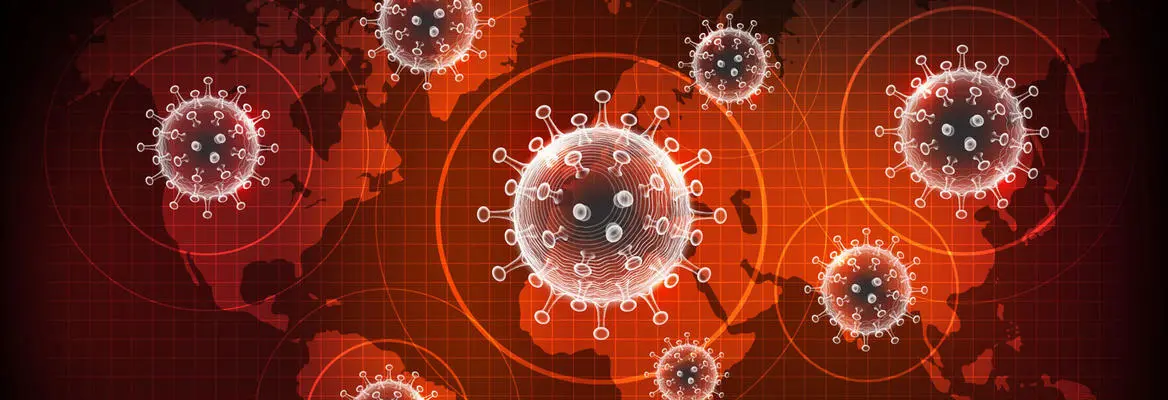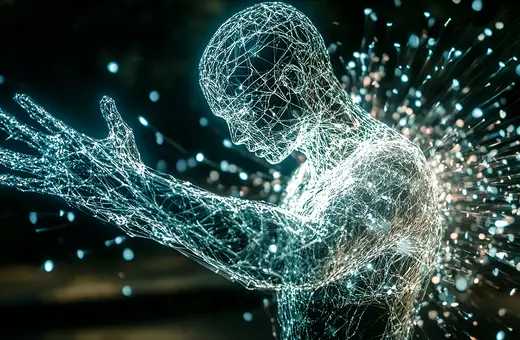Misinformation is rife during a pandemic. We all have a personal moral responsibility to counteract fake news and false claims. To protect ourselves and our loved ones, we must diligently examine the information we choose to share.
Did you know that black people are naturally immune from the COVID-19 virus? It's actually not true, but it is one of many instances of conspiracy theories, pseudoscience, and fake news that are accompanying our experience of the most frightening pandemic of the early 21st century. That particular piece of misinformation -- with its obvious racist overtones -- was put to rest by a number of media outlets, including a NBC article on March 19th, which also commented on false assertions that there are no cases of COVID-19 in Africa. To dispel that bit of nonsense, just take a look at this map put out by Johns Hopkins University. Indeed, NBA player Rudy Gobert, who is a Frenchman of Caribbean heritage, tested positive for the virus. You know what else is false? That singer Keri Nelson got COVID-19 by way of her 5G cellular phone, an assertion debunked by the HuffPost on March 16th.
It is also not the case that Chinese medicine (ah, the irony!) can treat the infection, as explained in a detailed article on MedicineNet. The Chinese government has put out misleading information that traditional medicine can protect against COVID-19 or alleviate its symptoms, part of a broader political campaign of misinformation that has been going on for years. The Chinese news agency Xinhua published an article stating that Qingfei Paidu soup, which is made of ephedra and licorice root, has been effective in treating hundreds of patients. Needless to say, there is no independent evidence, or peer-reviewed published paper, to back up this claim. As the MedicineNet article puts it: "Reports about traditional Chinese Medicine's effectiveness against COVID-19 from Chinese government-linked news agencies are suspect. Statistics appear in news stories without context or methodology, and these news agencies tend to follow the government-controlled narrative." So you really shouldn't believe them.
The misinformation about COVID-19 goes beyond the usual pseudoscience culprits, though, to encompass politically-motivated conspiracy theories.
Homeopaths, of course, have also gotten into the fray. The UK homeopathic community provides us with the following entirely fictional advice: "Homeopathic medicines have been used extensively for flu-like symptoms and in epidemics around the world. If you decide to take a homeopathic medicine, this should be in addition to the various measures outlined above [washing hands and the like] and should not be your only approach. Selection of the most appropriate homeopathic medicine is based on an individual’s unique symptoms. However, Gelsemium 30c and Bryonia 30c are commonly used for flu-like symptoms and have a long-established, traditional usage over many years." Importantly, the text adds that: "Homeopathic options can form one part of your approach to the current Covid-19 outbreak but should always be used alongside other measures." The other measures better be used, since homeopathic remedies do absolutely nothing, outside of creating placebo effects.















Join the conversation